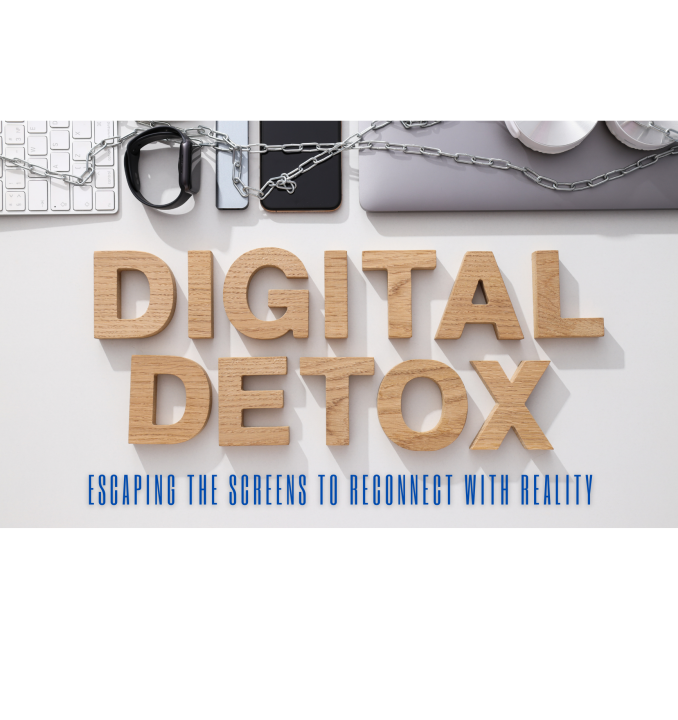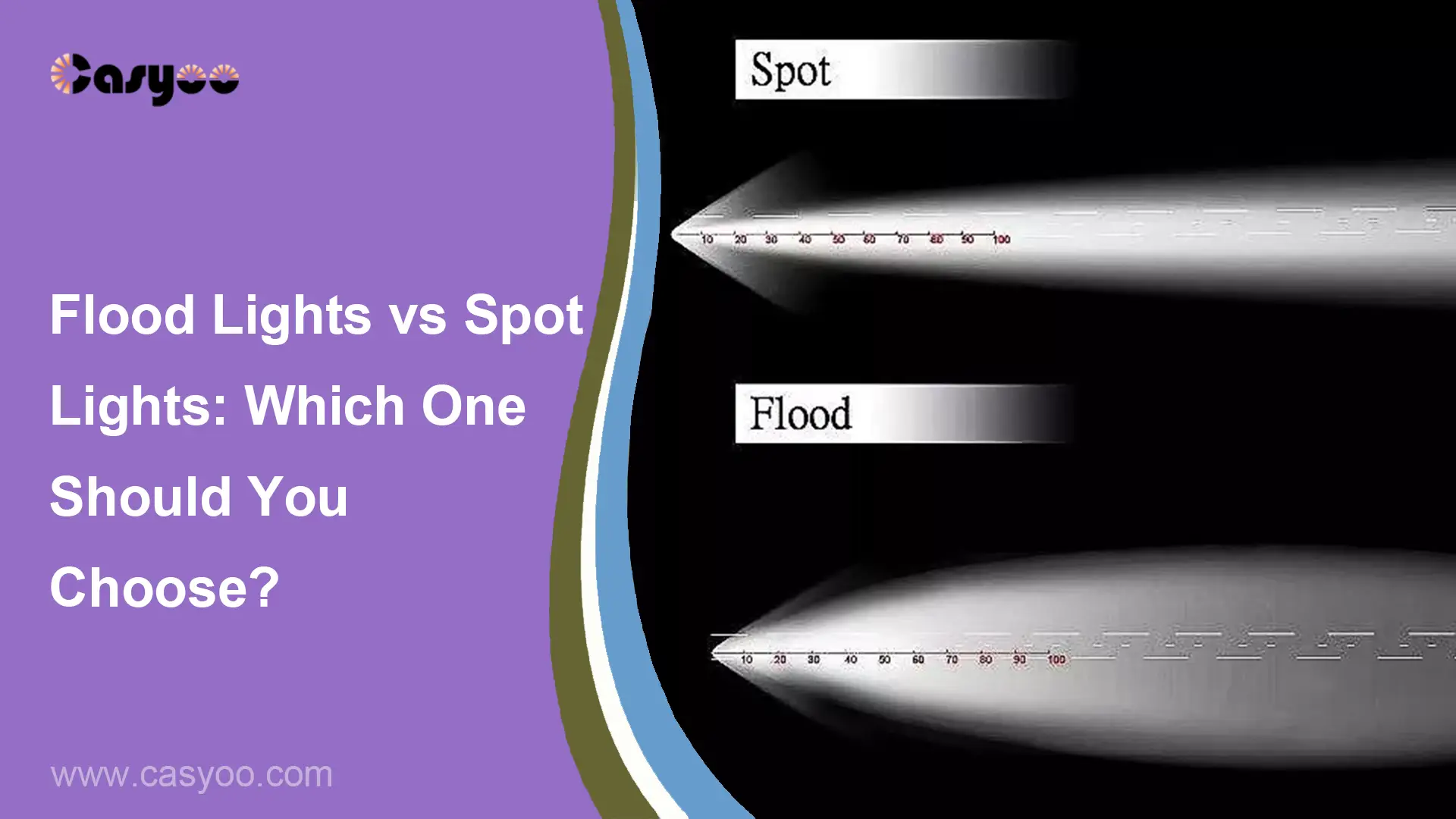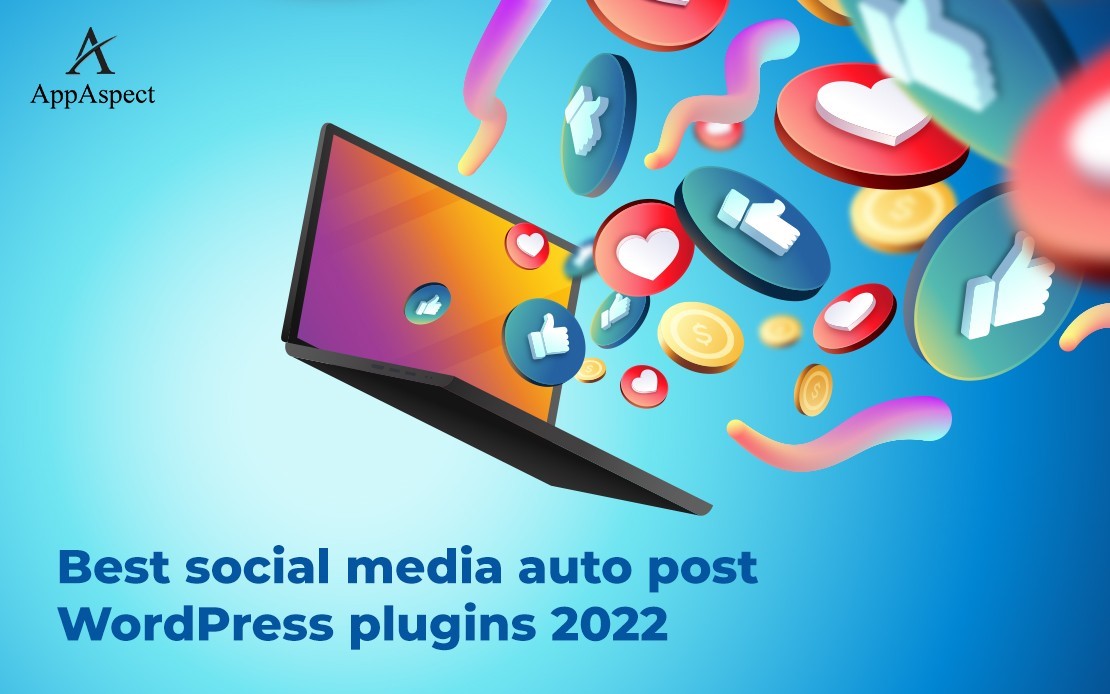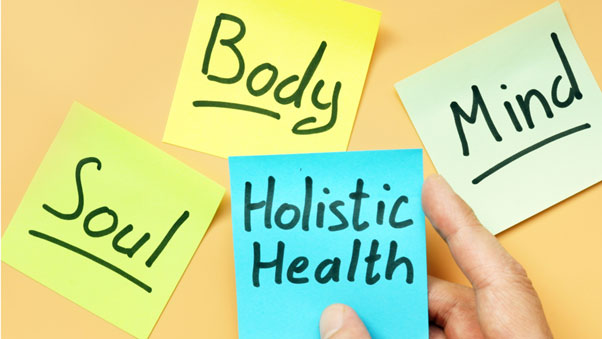In our hyper-connected world, we’re constantly bombarded with information and notifications. Smartphones, tablets, and laptops have become an extension of ourselves, blurring the lines between work and personal life. While technology offers undeniable benefits, this constant digital engagement can have a negative impact on our well-being and productivity.
7 Telltale Signs You Need a Digital Detox Urgently![]()
This blog explores the concept of a digital detox, a temporary break from digital devices and technology. We’ll delve into the benefits of unplugging, explore practical tips for implementing a digital detox, and offer strategies to help you maintain a healthy relationship with technology.
Why We Need a Digital Detox: The Downsides of Constant Connection
Our brains are wired to crave novelty and immediate gratification. The constant stream of notifications and updates on our devices triggers the release of dopamine, a neurotransmitter associated with pleasure and reward. This can lead to:
- Decreased Attention Span: The constant influx of information can make it difficult to focus on a single task for an extended period.
- Increased Stress and Anxiety: The pressure to stay constantly connected and the fear of missing out (FOMO) can be a significant source of stress and anxiety.
- Disrupted Sleep Patterns: The blue light emitted from screens can suppress melatonin production, a hormone essential for regulating sleep.
- Strained Relationships: Constant digital engagement can take away from quality time spent with loved ones in the real world.
- Reduced Creativity and Problem-Solving: Constant stimulation can hinder our ability to think deeply, be creative, and solve problems effectively.

The Power of Unplugging: Benefits of a Digital Detox
Taking a break from technology can have a profound impact on your physical and mental well-being:
- Improved Focus and Concentration: By removing distractions, you can train your brain to focus on the task at hand and enhance your overall productivity.
- Reduced Stress and Anxiety: Disconnecting from the constant stimulation of technology allows you to relax and de-stress, promoting feelings of calm and well-being.
- Enhanced Sleep Quality: Limiting screen time before bed allows your body to produce melatonin naturally, leading to deeper and more restorative sleep.
- Stronger Relationships: By putting away your devices, you can be more present and engaged with the people around you, fostering stronger connections.
- Boosts in Creativity and Problem-Solving: Unplugging allows your mind to wander and process information differently, sparking creativity and innovative solutions.
Planning Your Digital Detox: A Guide to Unplugging
A digital detox doesn’t have to be an all-or-nothing proposition. Here are some tips to get started:
- Define Your Goals: What do you hope to achieve by taking a digital detox? Do you want to improve your sleep, reduce stress, or simply become more present in the moment?
- Choose Your Duration: A detox can range from a few hours to a weekend or even a week, depending on your comfort level and goals.
- Inform Your Circle: Let your family, friends, and colleagues know you’ll be taking a break from technology. This helps manage expectations and avoids unnecessary worry.
- Identify Alternatives: Plan engaging activities to fill the time you would typically spend on your devices. This could include reading, spending time outdoors, pursuing hobbies, or socializing with loved ones.
- Find Accountability: Tell a friend or family member about your digital detox and ask them to hold you accountable. There are also apps available to help you monitor and limit your device usage.
Maintaining a Healthy Relationship with Technology: Life After Your Detox
A digital detox is a great way to reset your relationship with technology. Here are some tips to maintain a healthy balance after your detox:
- Schedule Tech-Free Times: Set specific times of the day or week when you disconnect from technology.
- Create Device-Free Zones: Designate certain areas in your home, like the bedroom or dinner table, as technology-free zones.
- Turn Off Notifications: Disable unnecessary notifications on your devices to minimize distractions.
- Embrace Mindfulness: Practice mindfulness techniques like meditation to develop greater self-awareness and control over your digital habits.
- Prioritize Sleep: Establish a consistent sleep schedule and limit screen time before bed to ensure quality sleep.
By implementing a digital detox and adopting these strategies, you can harness the power of technology while protecting your well-being and maximizing your potential. Remember, technology is a tool, and like any tool, it’s important to use it intentionally and mindfully. So, unplug, recharge, and rediscover the world beyond the screen.
Discover more from Personal Blog of Richard Tong
Subscribe to get the latest posts sent to your email.





Your place is valueble for me. Thanks!…
Best quality USA proxies – https://DreamProxies.com obtain with 50 discount!
I’ve learned a few important things through your post. I would also like to mention that there might be situation that you will obtain a loan and do not need a cosigner such as a Government Student Support Loan. In case you are getting a borrowing arrangement through a conventional bank or investment company then you need to be ready to have a co-signer ready to assist you to. The lenders are going to base that decision on the few elements but the most important will be your credit worthiness. There are some financial institutions that will additionally look at your work history and determine based on this but in most cases it will depend on your score.
I’m really impressed with your writing skills as well as with the layout on your blog. Is this a paid theme or did you customize it yourself? Either way keep up the excellent quality writing, it抯 rare to see a great blog like this one today..